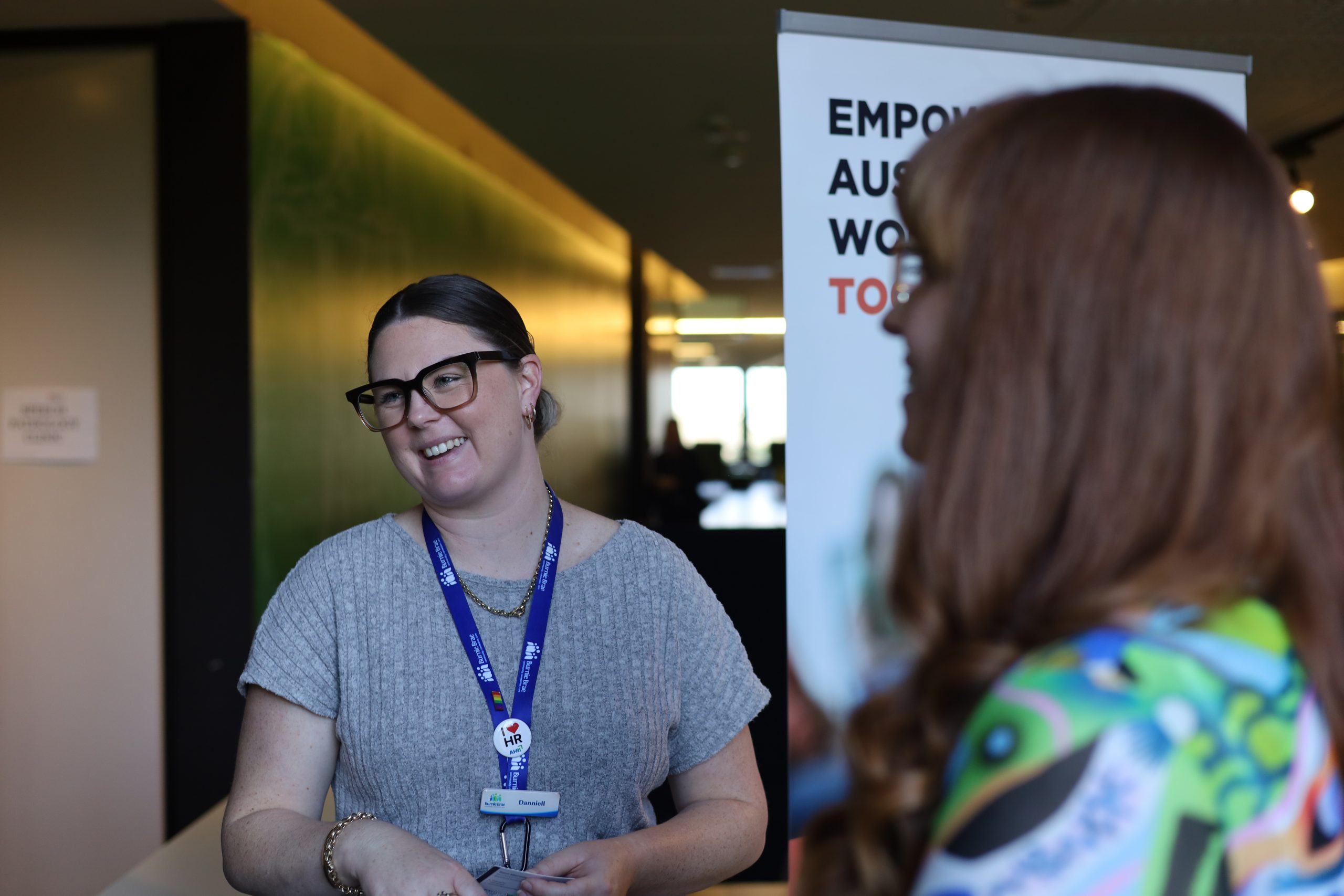The National Care Workforce Alliance (NaCWA), alongside a team of researchers from the Australian Catholic University (ACU) are leading an industry-first research project to better understand the thoughts, needs and preferences of people working in the care sector.
Professor Laurie Buys, the Director of Healthy Ageing at ACU says we need to better understand the needs and motivations of the care workforce to address some of the entrenched issues in the industry.
“Australia’s care sector is experiencing ongoing workforce challenges,” Professor Buys said.
“The care industry is everybody’s business, because even if you don’t yet access care, you most likely will at some point in the future.
“Service providers find it increasingly difficult to attract and retain quality staff, at a time when escalating demand requires the sector to grow and strengthen its workforce,” she said.
“Research to date has looked at recruitment, retention and attrition rates but not the why – why are care workers and allied health professionals leaving their jobs, what motivates them to stay in the workforce and what gives them job satisfaction?”
Funded by Jobs Queensland as an action arising from the Good jobs. Good people: Queensland Workforce Strategy 2022-2032 and with additional funding from ACU and industry partners of NaCWA, Professor Buys and her research team, led by Associate Professor Erin Conway at ACU have started conducting in-depth, face-to-face interviews with nursing and allied health students, registered nurses, care workers and allied health professionals as part of the Worker Deep Dive research project.
Associate Professor Conway says gaining more insight into the day-to-day experiences of workers in the care sector will better inform and potentially contribute to improvements in the care industry and community over time.
“We need good people in these roles, who themselves feel well supported, because their work has the potential to really impact people’s lives,” Associate Professor Conway said.
“We have reached the halfway point with about 30 carers sharing their experiences of working in the sector and we expect to interview another 30 or so before collating the results,” she said.
“The Alliance [NaCWA] will then present this report to the Queensland Government and industry bodies, outlining our recommendations for improvements and changes to the sector.
“We want to attract and retain the best staff in care jobs as this is one of the fastest growing industries in Australia and one of the greatest needs in our communities,” she said.
“We can’t wait until the challenges get worse – we need to do something now.”
The Worker Deep Dive research is one of the key initiatives of NaCWA – an industry-first Alliance spearheaded by the Australian Catholic University (ACU), that is bringing together aged care, disability care, technology, and education and training providers to work in collaboration on a solution to the care workforce crisis.
The Alliance team is developing and trialling a range of processes, training and supporting technology to increase worker attraction to the care sector and improve worker mobility, retention and wellbeing. By working together as an Alliance, the foundation partners are also trialling ways to reduce worker underemployment, improve onboarding training and reduce duplication between organisations.
Earlier in the year, five of NaCWA’s Foundation Partners, including ACU, Ballycara, Burnie Brae, Centacare, and Xavier co-created and trailed a standardised industry-wide induction for all workers in the care sector.
The progress of the prospective workers involved in the trial is being tracked to determine if they are successful in obtaining roles in the care sector, and their ongoing satisfaction and retention rates.
In addition to standardised workforce training and the worker deep dive research, NaCWA is trialling the development and roll out of a digital skills passport.
The skills passport is a digital platform designed to securely store and manage verified worker qualifications in one central location, enabling care workers to easily access their competency data and share their skills and training with other potential employers. Providers will use the skills passport to post jobs and identify suitable candidates, significantly streamlining current recruitment processes.
The deep dive research results are expected to be released in early 2025.
For more information about the National Care Workforce Alliance and its initiatives, please visit www.nacwa.com.au.
Do you have insights you’d like to share about working in the care industry? Contact Associate Professor Erin Conway on info@nacwa.com.au.



